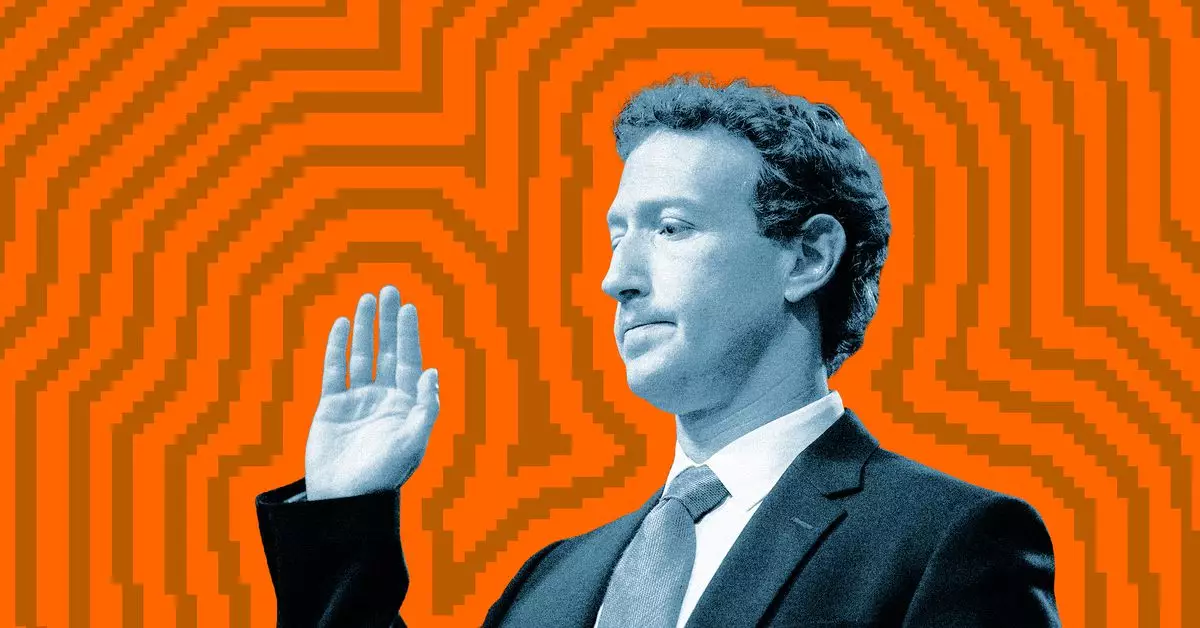In an age where technology and politics intertwine more than ever, each encounter between influential figures can spark widespread discussion. One instance that has captured public attention is the dinner between Mark Zuckerberg, CEO of Meta, and the then President-elect Donald Trump, which took place at Trump’s Mar-a-Lago estate. This meeting is significant not only due to the prominence of the individuals involved but also because it reflects the evolving dynamics between big tech companies and political entities.
Tech giants like Meta have become pivotal players in shaping public opinion in today’s political landscape. With Zuckerberg’s leadership, Facebook has faced scrutiny for its impact on electoral processes. The 2020 presidential election, in particular, saw Facebook’s role come under fire, leading to essential debates around misinformation, advertisement regulation, and the ethical responsibilities of tech firms. Zuckerberg’s dinner with Trump, at a privately-owned resort, presents an almost theatrical tableau of power, igniting dialogue about corporate influence in politics and the intertwining interests of these two sectors.
Statement from Meta
Following the meeting, Meta spokesperson Andy Stone released a statement emphasizing the importance of collaboration between different sectors for the future of American innovation. This assertion holds weight, as collaboration could drive progress and development in various areas. However, it also raises questions about the motivations behind such interactions. Are these encounters truly aimed at fostering innovation, or are they reflections of strategic maneuvering within a complex political landscape?
Public Reaction and Controversy
The dinner has not gone unnoticed by the public and critics alike. There is a palpable tension regarding Zuckerberg’s previous donations to initiatives concerning mail-in ballots, which some argue played a role in the controversial outcome of the 2020 elections. Activists have called for accountability, with many asserting that Zuckerberg should face repercussions for Facebook’s influence on democratic processes. This reaction illustrates the anxiety surrounding how social media platforms can manipulate electoral integrity and public discourse.
As tech leaders engage in discussions with political figures, there is an urgent need for clarity regarding the ethical obligations of technology companies. The decisions made in high-stakes discussions can lead to policies that heavily influence users’ lives and the foundational principles of democracy. Consequently, industries must develop frameworks for accountability and transparence, ensuring that innovation does not overshadow ethical considerations.
The intersection of technology and politics is fraught with challenges that require careful navigation. As demonstrated through Zuckerberg’s dinner with Trump, these relationships can yield both opportunities and threats. For the future, maintaining an ongoing conversation about the role of technology in society is critical. Promoting innovation should coexist with strict ethical standards, fostering a balanced relationship that benefits all stakeholders involved. Ultimately, a proactive approach will help bridge the gap between these two influential domains, encouraging a more responsible and accountable technological landscape.

